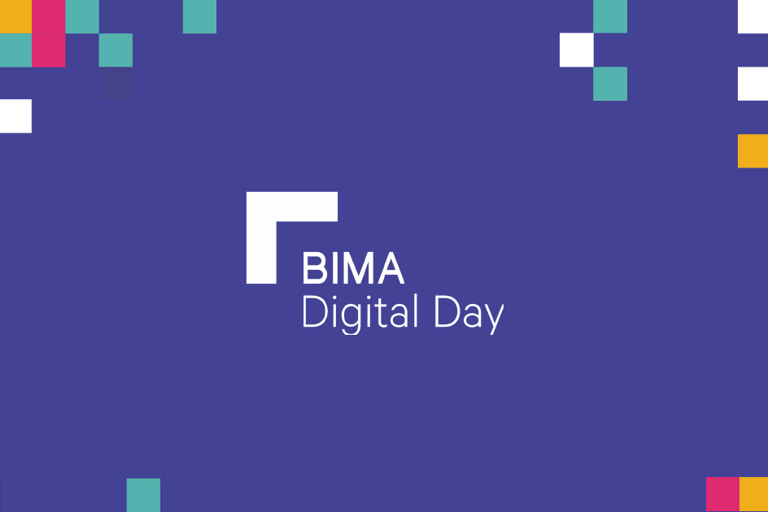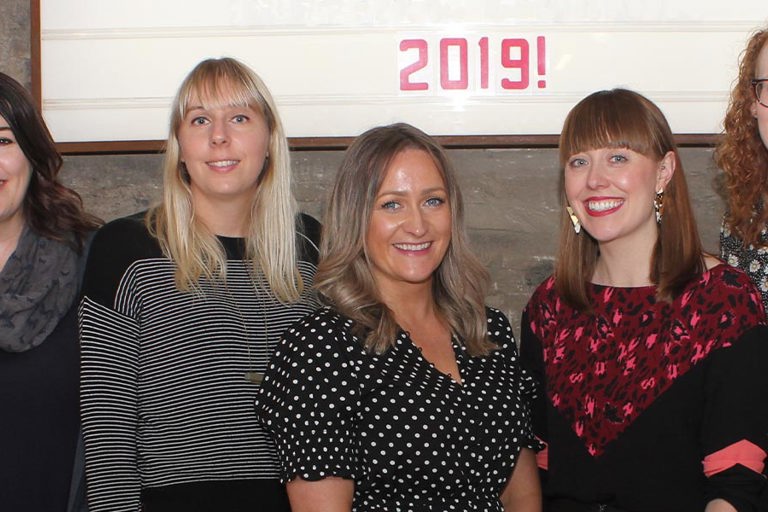Talking Progressive Web Apps (PWAs) at Ladies of Code Glasgow
Ladies of Code is a monthly meet-up where you can hear in-depth, technical talks from leaders in their respective fields – all designed to help like-minded people develop their coding skills. And this month – at their Lightning Talk event – our very own Head of Development, Kimberly Blessing, delivered a talk all about Progressive Web Apps.
As we all know, (ahem) Progressive Web Apps (PWAs) use modern web APIs alongside traditional progressive enhancement strategies to create cross-platform web applications. These apps are designed to work everywhere and provide several features to give them the same user-experience advantages as native apps – so they ‘feel’ native. The main advantage is that these builds are enabled by standard web technologies like JavaScript, HTML and CSS meaning the PWA can run in the browser and allow access to key native features like:
- Installing the app on the mobile home screen
- Enabling offline access to the app
- Allowing push notifications
Kimberly’s lightning talk gave attendees a succinct introduction to the three things a website needs to be a PWA and a clear business case for why companies should be investing in PWAs as opposed to traditional native apps. In short, to be a PWA, a website needs:
- To be fully hosted on a secure (HTTPS) site
- A manifest file
- A service worker
Businesses who care about the following, should be interested in PWAs:
- Active, satisfied users – PWAs work offline and in low-bandwidth scenarios
- Fast, discoverable apps – Users don’t have to browse the app store to find PWAs (although the app stores are starting to show PWAs!)
- Engaging features – APIs are connecting traditional native controls to the browser
- Time-to-market and ROI – if you have a website, turning it into a PWA is faster and cheaper than building separate iOS and Android apps
Ladies of Code host a series of talks and expert workshops and you can find out more about the next meet-up – and who’s going to be talking – here.
Read more of our insights

Challenging the next generation to enter the digital industry
As part of BIMA Digital Day, Dog went to Lenzie Academy to help their students complete one of three sponsored challenges for a chance to be crowned BIMA Digital Day champions.
Read more

Dog named one of the top digital agencies in the UK
Dog is proud to announce we're part of Econsultancy’s Top 100 Digital Agencies Report for the 5th year in a row. We're also one of the top two agencies in Scotland.
Read more

Kirsty Burns: TRC Special Edition Class of 2019
We caught up with Account Director, Kirsty, for a quick Q+A to hear all about how she’s feeling ahead of starting TRC’s Special Edition programme this year.
Read more
